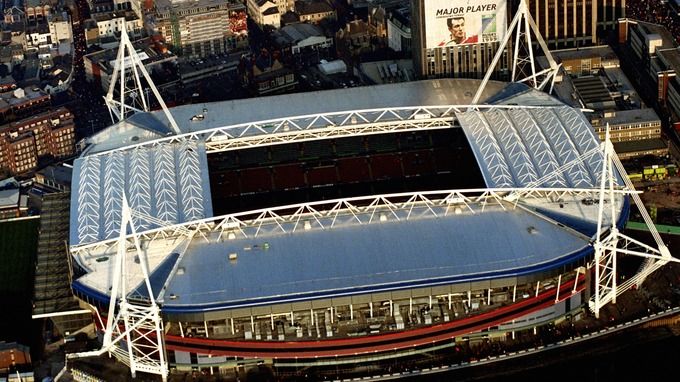UK’s first sustainable stadium hosts Champions League final
Principality Stadium in Cardiff - UK’s first certified sustainable event stadium - will be the site of the 2017 UEFA Champions League final

Principality Stadium in Cardiff - UK’s first certified sustainable event stadium - will be the site of the 2017 UEFA Champions League final.
The first Champions League final to be played in Wales will take place in the UK’s first ISO 20121 certified stadium.
ISO 20121 is a management system standard that has been designed to help organisations in the events industry improve the environmental sustainability of their event related activities, products and services.
The stadium, previously known as the Millennium Stadium, was built to host the 1999 Rugby World Cup matches.
In 2010, the organisation appointed a Facilities Manager, to manage the policy and the stadium applied for the BSI British Standard 8901 for Sustainable Management Systems for Events.
In September that year, the Welsh Rugby Union, the venue owners, announced their bid to make it the UK's first certifiably sustainable stadium and set out to achieve the standard within 12 months.
As a result the following changes were implemented:
- All waste is segregated for recycling into dry mixed recycling, compostable food waste and pitch waste.
- The heating, cooling and ventilation systems have been upgraded in order to optimise their efficiency and save energy by reducing speeds, temperatures and operational hours.
- The installation of computer controlled lighting systems has allowed specific areas to be lit rather than entire floors to save energy.
- LED lighting has been introduced to reduce electricity consumption and heat emissions, improving air conditioning levels throughout hospitality lounges.
- Plant operations are limited to event days only to reduced maintenance expenditure and energy consumption.
- All refrigerators in the hospitality lounges have been replaced with efficient A-rated systems.
- The stadium's unique palletised pitch system enables rainwater to be harvested below the grass beds to recycle water.
- Root zone (soil) is re-used and the 40mm rye grass turf is recycled for use at rugby clubs throughout South Wales.
- Maintenance staff use natural products wherever possible.
- Further carbon emissions ensued as sustainability was embedded into the stadium’s supply chain processes.
The changes implemented by the organisation resulted in 71.52 tonnes of waste being removed from landfill and a consequent reduction of 28.5 tonnes of CO2 emissions.
Furthermore, reduced raw material use, water and energy use contributed to additional saving of 60.8 tonnes of CO2.
This topic will be covered further at Sustainable Innovation in Sport – a two day meeting bringing together stakeholders and influencers who are engendering positive environmental impacts through sport, on the 22-23 February 2017. For more information and to register, visit the website by clicking here.




